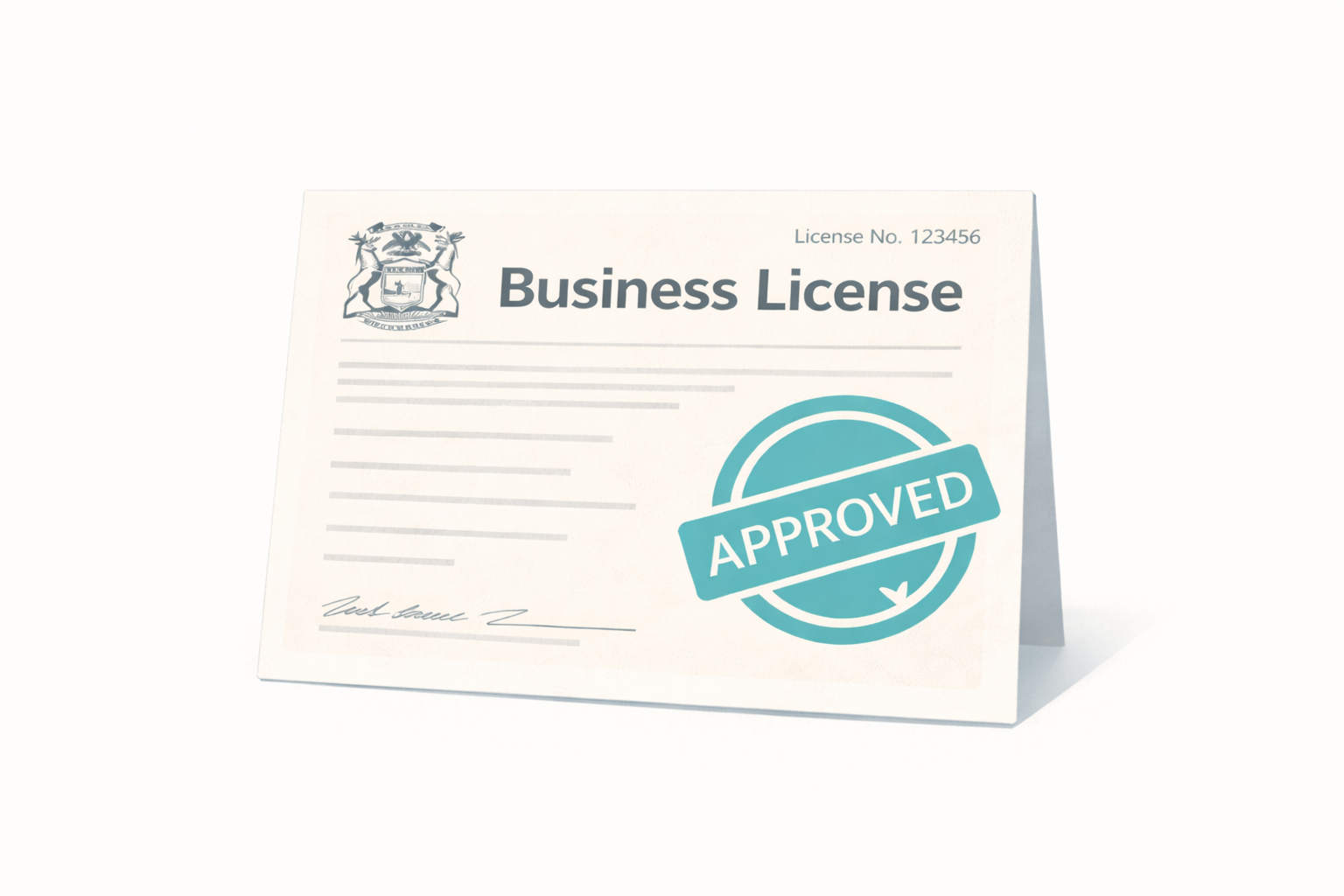Most liability policies have limits. When a claim goes beyond those limits, the remaining costs become your responsibility. That is where umbrella insurance comes in. Understanding what an umbrella insurance policy is and how it works can help business owners and individuals reduce financial exposure that standard coverage may not fully protect against.
What Is An Umbrella Insurance Policy
An umbrella insurance policy is extra liability insurance that provides coverage beyond the limits of your primary policies. Thus, covering large claims or defense costs that your regular liability limits can’t handle1.
Umbrella insurance sits on top of underlying policies, like umbrella insurance for general liability, auto liability, or employer liability. When those policies reach their maximum payout, the umbrella policy can step in to help cover remaining costs.
This coverage is designed to protect against large claims involving:
- Serious injuries
- Property damage
- Lawsuits and legal judgments
- High legal defense costs
Umbrella insurance does not replace primary insurance. It extends protection after primary limits are exhausted. In simple terms, an umbrella insurance policy increases your total liability protection without requiring you to raise the limits on each individual policy. Instead of adjusting multiple policies, you can add one umbrella policy that sits above them and provides broader financial protection.
How Umbrella Coverage Works
Umbrella coverage activates only after the liability limits on an underlying policy have been used. For example:
- A liability claim exceeds your general liability limit
- Your primary policy pays up to its maximum
- Umbrella insurance helps cover the remaining balance, up to its own limit
This structure helps protect personal assets, business assets, and future income from high-dollar claims that could otherwise cause lasting financial damage.
Umbrella policies typically require you to carry minimum limits on underlying liability I\insurance before coverage applies.
For example, imagine your business carries a $1 million general liability policy. A lawsuit results in a $1.8 million judgment. Your general liability insurance would pay its $1 million limit. If you have a $2 million umbrella insurance policy, it could cover the remaining $800,000, helping prevent you from paying that amount out of pocket.
Who Needs An Umbrella Insurance Policy
Umbrella insurance is commonly used by people and businesses with higher exposure to liability risk. You may benefit from an umbrella policy if you:
- Own a business with a customer or public interaction
- Employ workers or use company vehicles
- Sign contracts that increase liability exposure
- Own property, rental units, or valuable assets
- Want additional protection beyond standard policy limits
Small business owners often use umbrella coverage as a cost-effective way to increase liability protection without raising limits on multiple insurance policies.
Umbrella insurance is especially valuable for individuals and businesses with significant assets, higher public exposure, or contractual liability requirements. Even a single severe accident, injury, or lawsuit can exceed standard liability limits. An umbrella insurance policy provides a financial buffer that protects savings, property, and future income from being targeted in a lawsuit.
Umbrella Insurance vs. Excessive Liability Insurance
Excess liability and umbrella insurance both provide additional coverage, but they function differently.
Umbrella Insurance:
- Extends coverage across multiple policies
- May cover certain claims not included in underlying policies
- Offers broader coverage
Excess Liability:
- Increases limits on a single existing policy
- Does not expand coverage limits
- Follows the original policy exactly
While both options provide additional liability limits, an umbrella insurance policy may also broaden coverage in some situations, whereas excess liability simply increases the dollar amount of an existing policy. This distinction is important when evaluating how much protection you truly need. Understanding the difference helps ensure you choose coverage that aligns with how your risks are structured.
How Much Does an Umbrella Policy Cost
The cost of an umbrella insurance policy depends on several factors, including:
- The amount of coverage you choose
- The type and limits of your underlying policies
- Your claims history
- Your overall level of liability risk exposure
For many small businesses , a $1 million umbrella policy may cost significantly less than increasing limits across multiple individual policies.
Because umbrella insurance activates only after primary policy limits are exhausted, it is often considered one of the most cost-effective ways to increase liability protection. Higher coverage limits typically result in higher premiums, but they also provide stronger financial protection against catastrophic claims
How Gild Insurance Helps Protect What You Build
Gild Insurance Agency helps individuals and business owners understand how umbrella insurance fits into their overall risk strategy. Rather than focusses on limits or stacking unnecessary policies, Gild focuses on:
- Identifying coverage gaps
- Aligning umbrella limits with real exposure
- Simplifying complex insurance decisions
Whether you are protecting a growing business or personal assets, the right umbrella policy can help prevent one claim for undoing years of work. Ready to protect your business? Get a quote online or schedule a call with a Gild agent today.
Frequently Asked Questions
What is the purpose of an umbrella insurance policy?
The purpose of an umbrella insurance policy is to provide additional liability protection when a claim exceeds the limits of your existing insurance policies. It helps protect your assets, income, and business from large lawsuits or high-cost liability claims that standard Umbrella Insurance or Liability Insurance policies may not fully cover.
What is not covered by an umbrella policy?
Umbrella insurance does not cover everything. Most umbrella policies exclude:
- Intentional or criminal acts
- Business property damage or physical losses
- Professional errors or negligence (covered by professional liability instead)
- Contractual liabilities not covered by underlying policies
Umbrella insurance only applies to covered liability claims and requires qualifying underlying coverage.
Is it worth having an umbrella policy?
Yes, an umbrella policy is often worth it for individuals and businesses with meaningful assets or liability exposure. It provides high-limit liability protection at a relatively low cost compared to increasing limits on multiple individual policies, helping prevent a single claim from causing long-term financial harm.
What does an umbrella policy really cover?
An umbrella policy covers excess liability costs after the limits of your primary policies are reached. This can include:
- Bodily injury claims
- Property damage to others
- Legal defense costs
- Court judgments and settlements
Coverage applies only after underlying policy limits are exhausted and helps close gaps that standard liability limits may leave behind.
- https://content.naic.org/article/whats-umbrella-policy ↩︎




